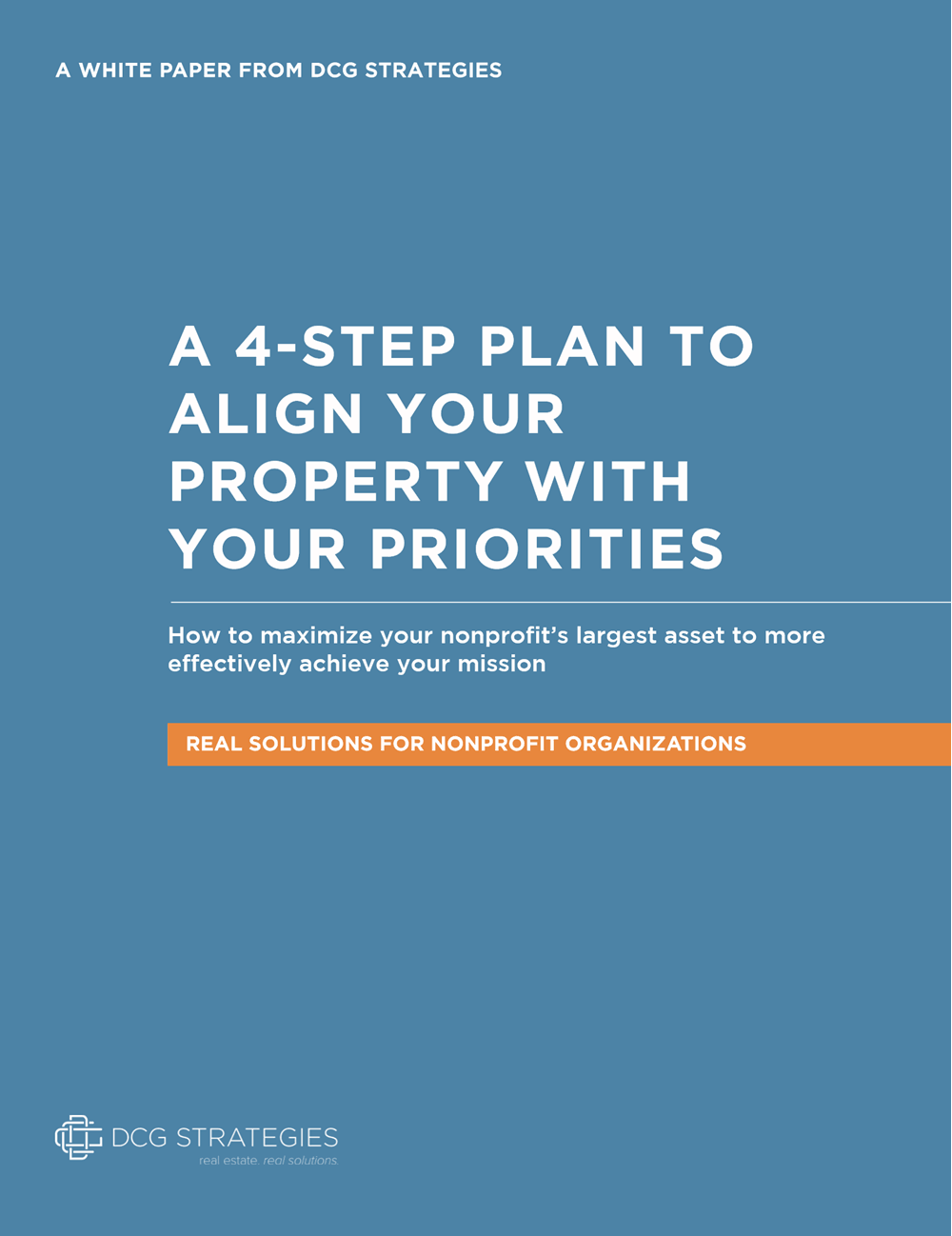The drought is going to have a major impact on California, including its real estate market. Image from Wikimedia Commons
Dried-up river beds. Parched, cracking fields. Once-full reservoirs now reduced to puddles, with the rings of previous highs looming like a distant memory on the mountains around them. Maps show huge portions of the state in burning red, nearly glaring at us off our screens. These are sights familiar to any Californian now.
As we all know, California is in a period of historic drought. There are some who believe that it is temporary and can be managed and there are others who think this is the beginning of a “megadrought” that could last hundreds of years. Whatever the case, it is going to impact all the residents and businesses of California for years to come. How it affects the real estate market is unknown, but we can make some educated guesses about what may happen and what it will mean for businesses and citizens.
Not the First Drought
California is used to being dry. Despite the mountains, with their massive snowpacks that have traditionally watered the state, it is at best considered semi-arid. The history of California has been one of trying to get water to its fertile soil and growing mega-cities. It has built vast aqueducts and reservoirs to make a growing population bloom. Critics say that they went too fast, that in barely a century they transformed too much without thinking about the future. Whether it was bad planning, a natural cycle, bad luck, or a changing climate (or some combination), it isn’t unprecedented.
In modern California history, there have been a couple of other major droughts, and how they were managed is instructive when considering the real estate market. The Dust Bowl drought – which was best known for impacting Oklahoma and the Plains, but which affected California, as well – lasted from approximately 1928-1935, destroying farmland and killing livestock. Another drought in the 1970s hit the Bay Area particularly hard, leading to a 15% reduction in water usage and heavy rationing. This was known as the beginning of the water conservation movement.
During these droughts, the population continued to expand and the economy behaved as expected, given that these roughly coincided with the Great Depression and then the oil shocks/stagflation of the 70s. And, indeed, it seems likely that in the short-term future, the overall economy will not be impacted too severely. People will still live in California. There will still be the need for businesses to serve and employ them.
The tech sector is still booming and even moving south to the Los Angeles area, creating two huge hotspots. Because it isn’t just the tech jobs that are migrating – it is all the auxiliary jobs and businesses needed to support them, too. As long as this sector is still going strong, the state is still far away from an economic crisis.
That said, there are a few changes that we could see.
Potential Changes That Could Impact California Businesses
In the beginning, at least, nearly all the changes will happen in the agricultural sector. This will be heavily impacted, but the cities, which use considerably less water, should see business functioning more or less as normal, given limitations. Here are some possible changes:
Higher Utility Costs and Taxes
This is the first aspect that could have a downward pull on business. It will, quite simply, cost more to transport water. Additionally, there could be a slowdown in the state’s capacity to produce hydroelectricity. To make up for the cost of water, there could be tax increases – subject, of course, to a referendum.
More Urban Migration
Smaller towns that are more dependent on agriculture could start to shrink as people leave for other cities or even states. It’s doubtful, given that tech continues to attract talent from around the world and create jobs through a ripple effect, that California will see a population decline in the short- or medium-term. However, it is reasonable to expect a coastward shift.
Higher Cost of Living
Besides the taxes and utility fees, you could see a higher cost of living due to raised agricultural prices. Even if you don’t eat many water-hungry avocados, other products like meat, poultry, and dairy may see their prices rise, as well. This is a slight, but not insignificant, downward pull on the overall quality of life.
Water Rationing
The state has to make choices about allocation. Given that the agricultural sector contributes 2% of the state GDP but uses the bulk of its water, it is reasonable to assume there will be shifting priorities and most people will remain largely unaffected (beside common sense conservation efforts such as landscaping with lawn replacements and using low-flow showers, for example). However, if this continues to get worse, we could potentially see water rationing down the road for cities.
Moving Forward
While it is doubtful that there will be bans on new development, at least for now, they will be subject to more scrutiny and more tightly regulated.
When planning their future, businesses should know that California is not expected to take too much of a hit, and they should also know that there are ways to survive, and even thrive. Australia has managed to change their entire water culture due to a catastrophic drought, and they are now managing it. And it is possible this will spur cheap desalination efforts.
There will be changes. We can never go back to business as usual. There will need to be new conservation strategies on the state, local, business, and individual level. It is not time to panic, though. The structure of the California economy is such that the major population centers will continue to be successful for the foreseeable future. Getting water to people has always been the challenge of the Golden State, and the state has always met it.
If you are a business or a non-profit, religious, or educational institution concerned about the future of California real estate and how it will impact you, you have experts you can consult. Talk to a consultant whose community values align with your own. Contact DCG Real Estate today to learn more.





